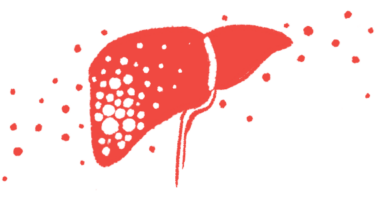Tegsedi Gets Innovative Medication Category Pricing in Brazil

Tegsedi (inotersen), an approved treatment for familial amyloid polyneuropathy (FAP), has received a Category 1 classification by the legal body tasked with economic regulation of medications in Brazil.
Category 1 is given by Câmara de Regulação do Mercado de Medicamentos to innovative treatments that are more effective than current standards of care, and allows for pricing in line with international markets, according to PTC Therapeutics, the company marketing Tegsedi in Latin America.
“This is an incredibly important decision in allowing patients access to Tegsedi in Brazil,” Stuart W. Peltz, PhD, CEO of PTC, said in a press release.
Tegsedi was approved in Brazil to delay disease progression and improve the quality of life of FAP patients who have stage 1 or 2 polyneuropathy, or mild to moderate symptoms. The medication is also approved in other countries around the world.
Hereditary transthyretin-mediated amyloidosis (hATTR) is a genetic disease in which mutations lead to the production of an abnormal transthyretin protein, which forms toxic clumps in the body’s tissues. FAP is a form of hATTR in which these toxic protein clumps mainly accumulate and damage nerves (polyneuropathy).
Tegsedi works by blocking the production of transthyretin by interfering with the way the gene encoding the protein is “read.” Tegsedi is the first medication of its class that’s available to patients in Brazil to address the underlying cause of hATTR, according to PTC.
An estimated 5,000 people in Brazil have hATTR, accounting for about 10% of the cases reported worldwide.
“Because of the high Portuguese descent, there is a higher prevalence of hATTR patients in the Brazilian population,” Peltz said. “The disease has a devastating impact on patients and their caregivers, and we are proud to bring an innovative treatment that provides greater efficacy to these patients.”
Data from clinical trials have demonstrated that long-term treatment with Tegsedi can help preserve quality of life and prevent symptom worsening. The medication tends to be most effective when started early on in the course of disease.
The global marketing license for Tegsedi is held by the therapy’s original developer, Ionis Pharmaceuticals, and its subsidiary Akcea Therapeutics.







